
Branded virtual events featuring your organization and its people.
Hosting a ChIPs Accelerator webinar is an opportunity to put your organization, its expertise and its people directly in front of more than 7,000 ChIPs members worldwide.
Your sponsored event is a “bite-sized” 50 minutes that is branded and hosted by your leadership, promoted to our membership and aired on ChIPs Zoom.
Your organization chooses a specific hot topic in tech, law and policy. As a business development opportunity, your event can showcase your organization’s talent and experience in areas such as copyright law, trademark infringement and protecting intellectual property overseas. A panel that includes a client and outside counsel creates an engaging conversation.
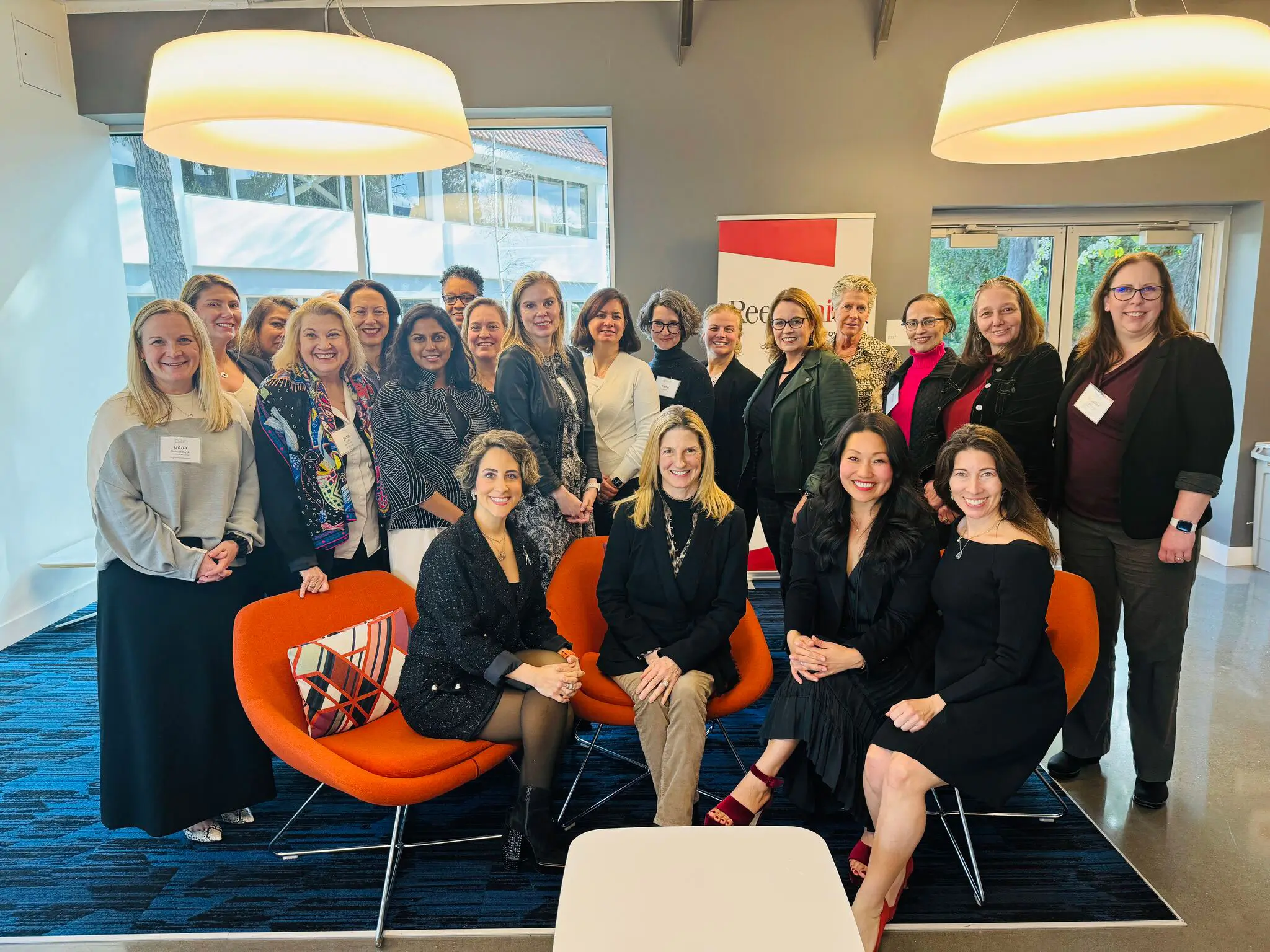
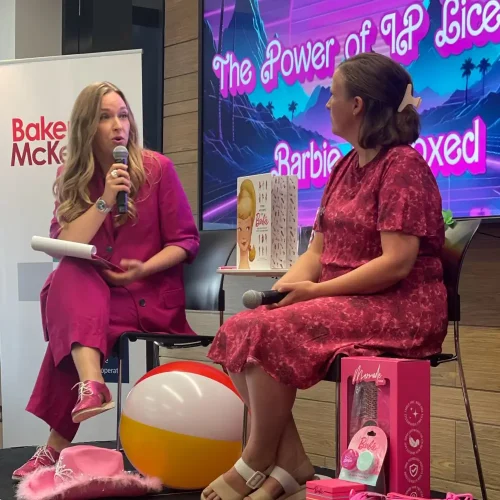
ChIPs Accelerators
Options
Accelerator webinars are aired on ChIPs Zoom on Thursdays at 12:30 PM ET.
- Conduct your event live on ChIPs Zoom.
- Prerecorded your event. The sponsor host may feature a team member to answer attendees’ questions on the scheduled airdate.
ChIPs Accelerators
Format
- Hosted and presented by your leaders. Law firms may include a client.
- Topics are vetted by ChIPs and have our “seal of approval.”
- A recording is posted on our ChIPs website (5,000 monthly visitors).
- Each Accelerator webinar is hosted on the ChIPs YouTube channel—and embeddable on your site.
- Webinars are distributed via social media.
- You may feature the content on your website and social media.
- Law firms are invited to apply for MCLE accreditation for their event.
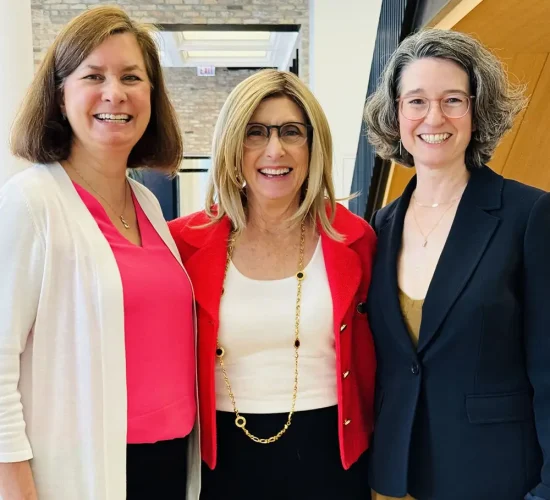
Promotion & Reach
For scheduling and more information on how you can spotlight your organization and your people with ChIPs diverse global membership, contact Bridget Johnson.
- Dedicated email to more than 7,000 ChIPs members
- Multiple posts to ChIPs 7,600 social media followers on Facebook, LinkedIn, Twitter and Instagram
- Listing on ChIPs Event Calendar
- News brief in ChIPs newsletter (9,000 subscribers)
- Article on ChIPs website (5,000 monthly visitors)
- More than 25,000 brand impressions
ChIPs Accelerators
Past Accelerator
Hosts
Past Accelerator webinars have been hosted by:

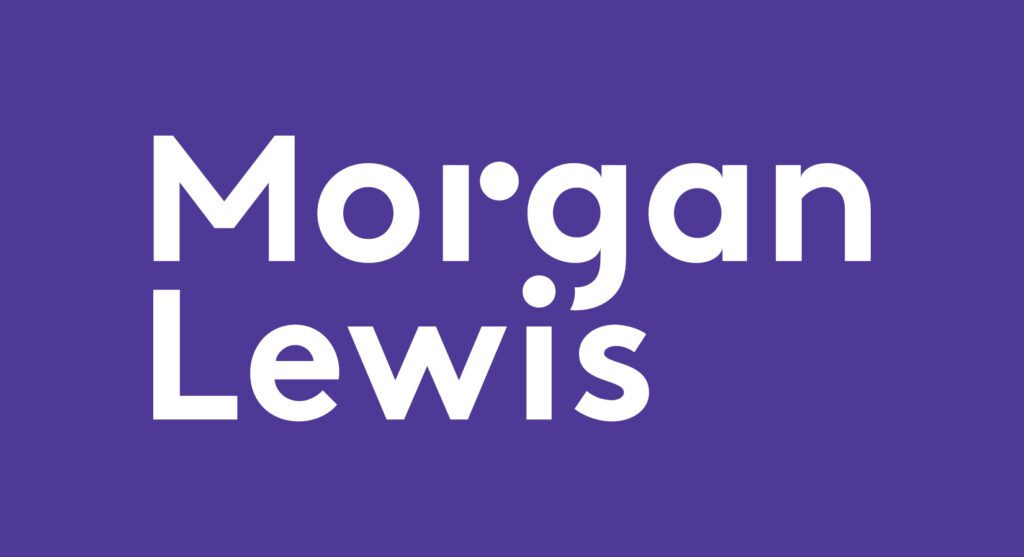

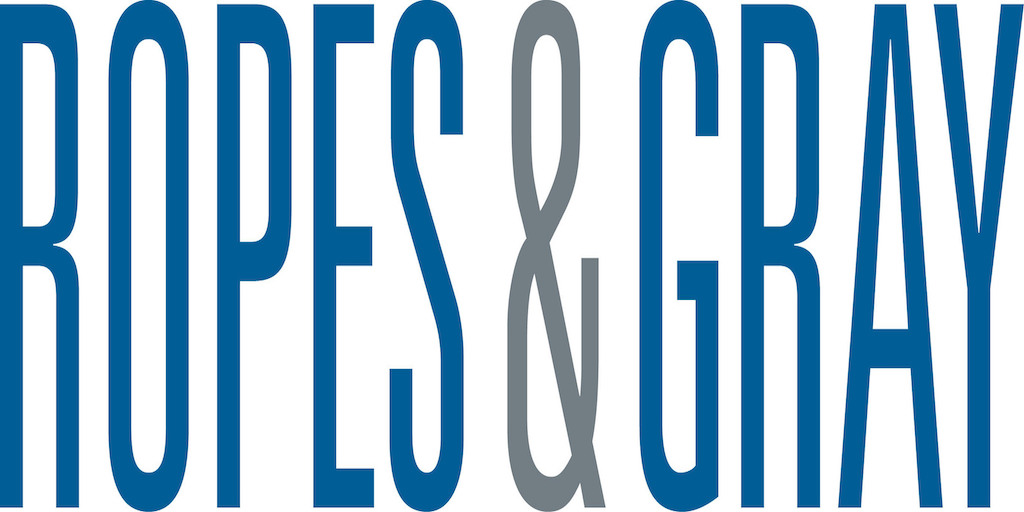
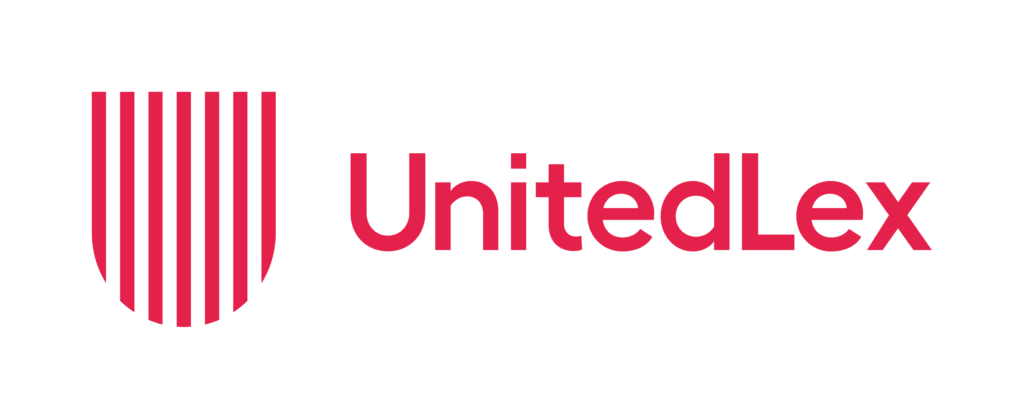

ChIPs Accelerators
ChIPs Accelerator
Video Series
ChIPs Accelerators: Breaking Barriers with Winston & Strawn & Wells Fargo
ChIPs January 17, 2024 9:19 pm

